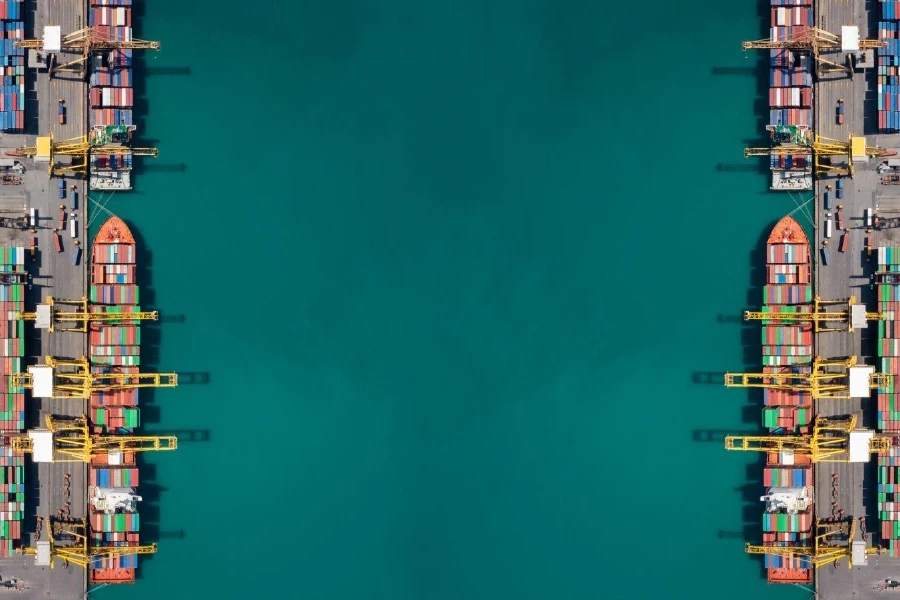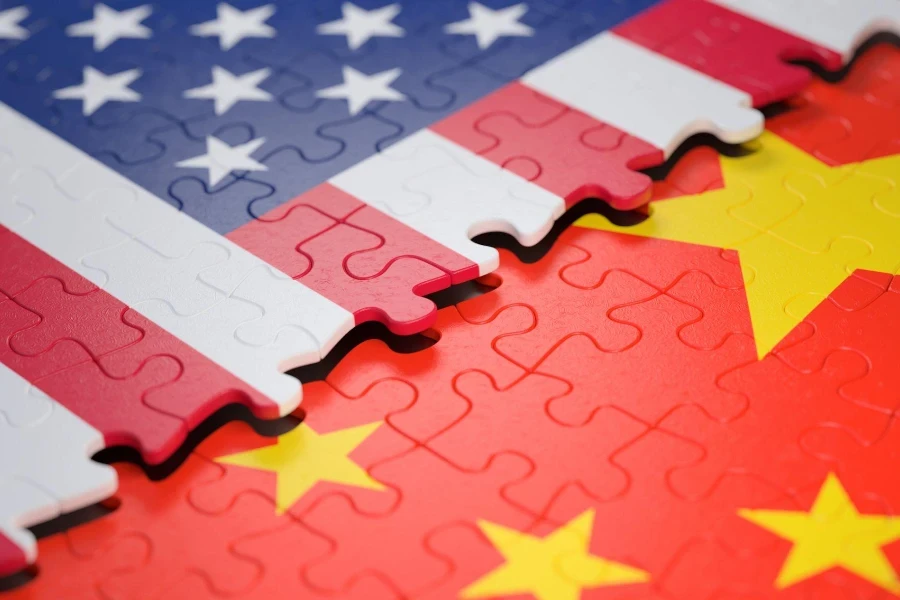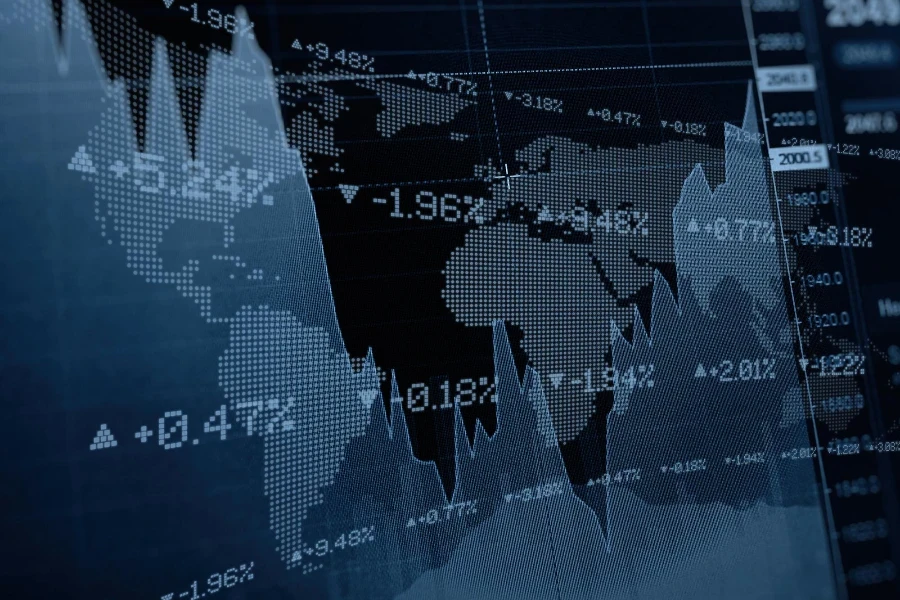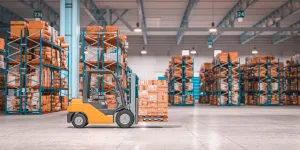International trade, the exchange of goods and services across international borders, has been a cornerstone of global economic activity for centuries. This complex system influences almost every aspect of our modern economy, from the price of everyday products to global relations. In this article, we’ll explore the intricacies of international trade, including its importance, the mechanisms that facilitate it, the challenges it faces, and its impact on economies worldwide. Join us as we unravel the threads of global commerce to reveal the tapestry of interconnected markets that fuel our world.
Table of Contents:
– The importance of international trade
– Mechanisms facilitating international trade
– Challenges in international trade
– Impact of international trade on economies
– The future of international trade
The importance of international trade

International trade has always been pivotal in connecting different parts of the world, fostering economic growth, and enhancing global cooperation. It allows countries to specialize in the production of goods and services they are most efficient at, leading to increased productivity and better resource allocation globally. This specialization is not just about economic efficiency; it also encourages cultural exchange and mutual understanding among nations, laying the groundwork for peaceful international relations.
Moreover, international trade provides consumers with access to a wider variety of goods and services, often at lower prices. This diversity in the marketplace not only enhances consumer choice but also stimulates competition, driving innovation and quality improvements. For businesses, engaging in international trade opens up new markets, offering opportunities for expansion and diversification that are not possible within domestic borders alone.
The role of international trade in economic development cannot be overstated. It is a catalyst for job creation, as businesses need more workforce to meet the demands of global markets. Additionally, the inflow of foreign capital and technology boosts productivity, enhancing a country’s economic growth prospects.
Mechanisms facilitating international trade

Navigating the complex landscape of international trade requires understanding the mechanisms that facilitate these global exchanges. At the heart of these mechanisms are trade agreements and policies, which set the rules for international commerce. These agreements, whether bilateral, regional, or multilateral, work towards reducing trade barriers such as tariffs, quotas, and import bans, making it easier and more predictable for countries to trade with one another.
Another crucial mechanism is the global financial system, which provides the infrastructure for currency exchange and trade financing. This system includes international banking institutions and financial markets that ensure businesses and governments can convert currencies and access the financing needed to engage in trade.
Logistics and supply chain management also play a vital role in international trade. The ability to efficiently transport goods across the globe, navigate customs procedures, and manage supply chains is fundamental to the success of global commerce. Advances in technology and communication have greatly improved these processes, making it easier for businesses of all sizes to participate in international trade.
Challenges in international trade

Despite its benefits, international trade is not without challenges. One of the most significant is the geopolitical tensions that can arise from unequal trade balances or competition for scarce resources. These tensions can lead to trade wars, which disrupt global markets and impact economic growth.
Another challenge is the issue of compliance with diverse regulations and standards across different countries. Businesses must navigate a complex web of laws and regulations, which can be costly and time-consuming. Additionally, there are concerns about the environmental impact of international trade, as increased production and transportation contribute to pollution and climate change.
Moreover, the benefits of international trade are not evenly distributed, leading to debates about fairness and equity. While some countries and sectors reap significant gains, others may face job losses and economic disruption. Addressing these disparities requires international cooperation and policies that support equitable development.
Impact of international trade on economies

The impact of international trade on economies is profound and multifaceted. It drives economic growth by opening up new markets for businesses, enhancing competitiveness, and fostering innovation. Countries that are open to international trade tend to grow faster, innovate more, and provide higher income and more opportunities to their people.
International trade also plays a critical role in the development of emerging economies. By integrating into the global economy, these countries can attract foreign investment, access advanced technologies, and accelerate their economic development. However, to fully benefit from international trade, countries must implement policies that support education, infrastructure, and technological advancement.
The global nature of trade means that economic shocks in one part of the world can quickly spread to others. This interconnectedness requires countries to cooperate in managing global economic challenges and ensuring the stability of the international trade system.
The future of international trade

Looking ahead, the future of international trade will be shaped by several key trends, including technological advancements, shifts in global economic power, and the need for sustainable development. Digital technologies, such as blockchain and the Internet of Things (IoT), are transforming trade by making transactions more transparent, efficient, and secure. At the same time, the rise of emerging economies is reshaping global trade patterns, with new markets and players emerging as pivotal forces in international commerce.
Sustainability will also be a critical focus, as businesses and governments seek to balance economic growth with environmental protection and social responsibility. This will involve rethinking supply chains, investing in green technologies, and adopting international standards for sustainable trade.
Conclusion
International trade is a complex and dynamic force that shapes our world in profound ways. By understanding its mechanisms, benefits, and challenges, we can better navigate the global economy and harness the opportunities it presents. As we look to the future, embracing innovation, fostering equitable development, and committing to sustainability will be key to ensuring that international trade continues to be a source of prosperity and cooperation for all nations.



